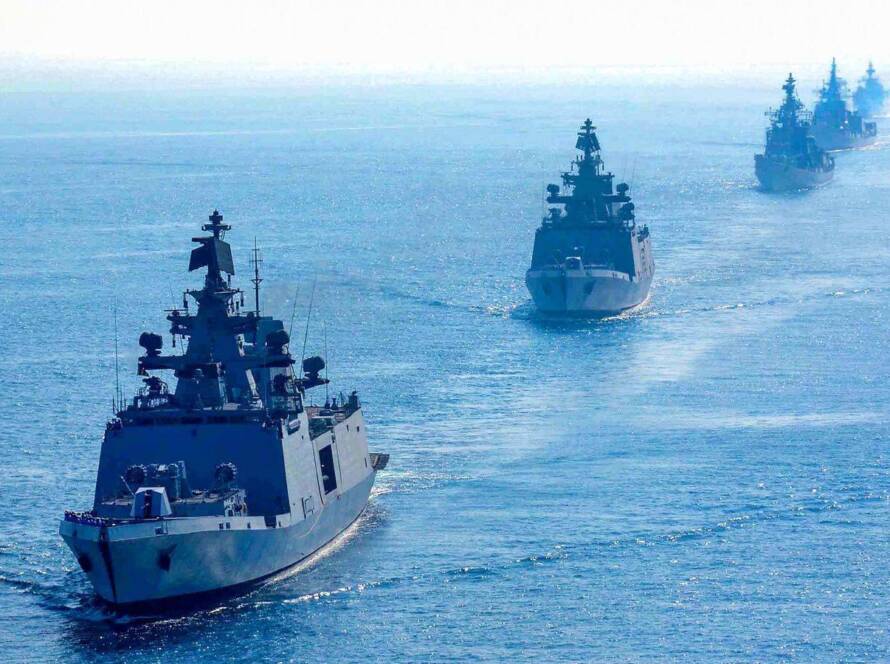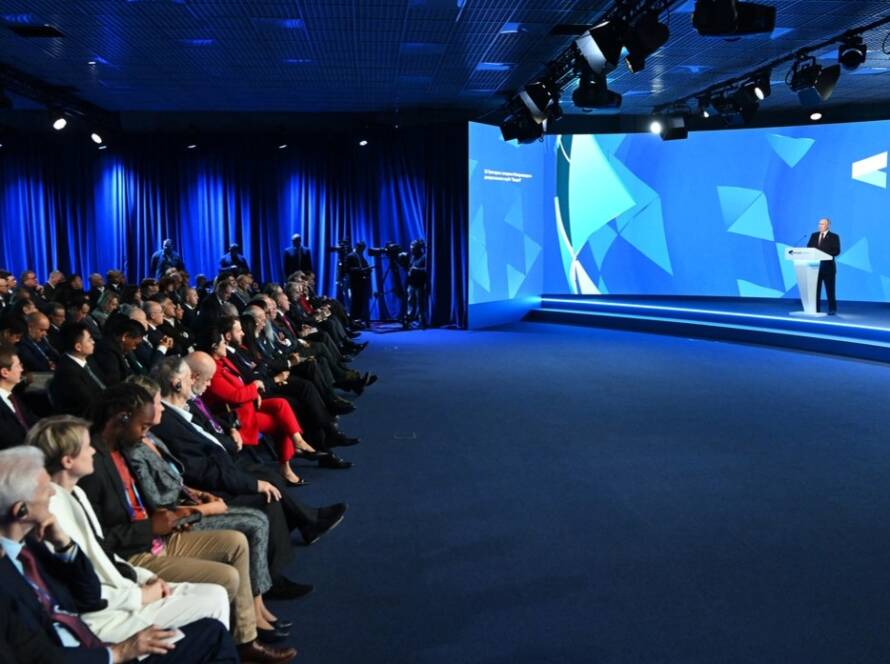By Uditha Devapriya
Anthony Albanese is now officially the 31st Prime Minister of Australia. The fourth Australian Labor Party leader to win the country’s premiership since World War II, Albanese has given every indication that his policies will be different from those of his predecessor, Scott Morrison. These obviously include foreign relations. Considering recent geopolitical developments in the region, in particular Australia’s lurch towards the Quad and its souring relations with France over AUKUS last year, then, what would an Albanese administration mean for Australia’s external affairs front, and what would his policies entail for the region’s continuing relevance for the big players: the US, ASEAN, and China?
Australia occupies a highly unique position in the present geopolitical setup. Geographically part of the Asia-Pacific, it has paradoxically been perceived as a Western country in Asian waters. Its relations with its neighbors, in particular South-East Asia, have been determined by these perceptions. Though not formally part of Western security alliances like NATO, it has nevertheless struck important partnerships with them: in 2014, for instance, NATO formally welcomed it as an Enhanced Opportunities Partner. Moreover, no real differences prevail over foreign affairs between Liberal and Labor, the two main parties. During the Cold War, for instance, both pursued what can be considered as hawkish policies, aligning with a US-led front regardless of certain ideological differences.
Both the Liberal and Labor Parties have been compelled to reconcile Australia’s geographic setting with the country’s commitments to extra-regional security alliances. These alliances date back to the Cold War, and have determined the course of Australia’s foreign policy for the better part of the 20th century. Certain politicians have, of course, broken protocol and done away with precedent. Perhaps the most celebrated instance here would be the then Opposition Leader Gough Whitlam’s decision to travel to Beijing in 1971. Criticized by Prime Minister William McMahon for imperiling Australia’s ties with the US, Whitlam’s tête-à-tête with Beijing came right before Richard Nixon’s historic visit to the country.
At the peak of the Cold War in the 1960s, moreover, Australia asserted a hegemonic role in the region, not too different from Delhi’s position in the Indian Ocean. A good example of this would be Australia’s relations with Indonesia: its highly controversial ties with Suharto, and its support for his annexation of East Timor under both Labor and Liberal governments, have been well documented by historians and foreign policy analysts. Today the focus has shifted from South-East Asia, with which Australia enjoys friendly ties, to China, in particular to three key areas of concern: Australia’s membership of the Quad Alliance, its response to Chinese designs on the Solomon Islands, and the South China Sea.
Scott Morrison’s tenure as Prime Minister began at a time when tensions between China and the US had peaked. Though certainly not toeing a different line from his predecessors, Morrison sought to maintain the country’s longstanding ties with Beijing while addressing US concerns about incompatibilities between China’s economic expansion and the need for a rules-based international system. This wasn’t always a happy balancing act, but, at least in Morrison’s eyes, it enabled his administration to bolster Australia’s position in the Asia-Pacific while strengthening its ties with the West. To the question of whether it would profit from deeper engagement with Asia, his reply was blunt: given the region’s growth and trade prospects, he observed, “Where else would Australia want to be?”
Ambitious as his plans may have been, however, Morrison’s administration oversaw some of the biggest foreign policy blunders in recent Australian history. Probably the biggest blunder was Australia’s cancelation of a USD 37 billion deal with France for 12 submarines in favor of a defense pact with the US and the UK. The move, seen as a strategic counter to China, irked French President Emmanuel Macron. In the row that followed between the two leaders, Morrison held his ground and declared that he would not stand anyone “sledging off” Australia. Not surprisingly, perhaps, a senior French politician, Jean-Yves Le Drian, has welcomed Morrison’s defeat, describing him as “incompetent.”
Albanese seems to be aiming at a turnaround from these policies. While Morrison was seen as a hawk on China-Australia relations, especially after 2019, Albanese is considered more pragmatic. Though he is yet to address the issue in full, he has essentially endorsed a firmer and more grounded approach. When asked how China-Australia relations would be under his government, however, he refused to give a direct answer, claiming that regardless of the party in power, “the relationship will remain a challenging one.” He has also emphasized Xi Jinping’s leadership, acknowledging that under Xi China “has changed its position.” These statements will come to haunt his government as it tries to recalibrate relations with China over sensitive topics like the Solomon Islands and the Spratly Islands.
At the same time, Albanese will likely maintain the country’s links to Quad. The first test of his premiership will be the May 24 summit. By his participation, Albanese will no doubt try to show that over issues like Ukraine, he stands on the same page as the US and the rest of the NATO alliance. Quad members are expected to hold discussions over a range of security and economic matters, including the maintenance of “a free and open Indo-Pacific.” As with previous Liberal and Labor governments, hence, the new administration is expected to toe the same line it’s been toeing vis-a-vis its ties with the West.
To this end, Albanese’s choice of Foreign Minister will be important. His pick, Penny Wong, has served under a previous Labor administration, as Julia Gillard’s Finance Minister. While flagging deteriorating relations with China as a concern, Wong has acknowledged the importance of engaging with Beijing while prioritizing human rights issues and a rules-based international order. It looks increasingly likely, therefore, that a Albanese-Wong combo will shift from trade issues to matters like Hong Kong’s democracy movement, China’s human rights record, and Beijing’s designs on the South China Sea. What this would mean for the wider Indo-Pacific region in the coming weeks and months is anybody’s guess. A change of tone, however, definitely seems in the offing.
Uditha Devapriya is the Lead Analyst – International Relations at Factum and can be reached at uditha@factum.lk
Factum is an Asia-focused think tank on International Relations, Tech Cooperation and Strategic Communications based in Sri Lanka accessible via www.factum.lk


